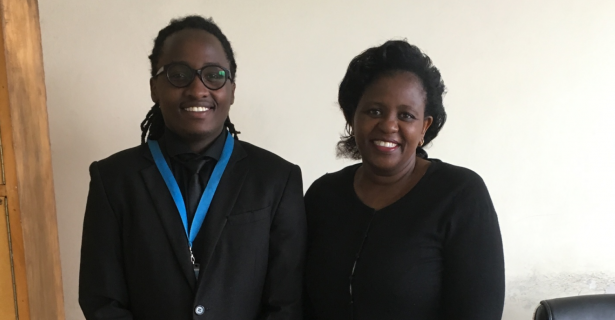This summer, I am conducting fact-finding research in Kenya on the proposed East African Federation – a union in which six East African countries are to merge and form one super nation. The process is to be carried out over specific stages, namely: the formation of a customs union, the formation of a common market, the formation of a monetary union, and, at its culmination, the formation of a political federation. This process is meant to ensure that the federation has a big market and high bargaining power, as well as to ensure economies of scale are in place.
I conducted interviews at the Kenya Institute of Policy Research and Analysis (KIPPRA), a leading public policy think tank in Kenya as well as on the continent. As I was conducting the interviews, it became clear that the process was still lagging behind in terms of actualization. By now, we were to have a functioning common monetary union. However, we still need to fully actualize the common market especially, with regard to tariffs. This, coupled with the antagonism between regional and national interests, made it clear to me that the process would take a lot of political, economic and social will among partner states to be fully actualized. Even as there is continued discussion on the formation of a political federation, there has been an emerging school of thought on the creation of a confederation in lieu of a federation – this would ensure that various national interests are protected and there would be no compromises on national sovereignty.
One thing that crossed my mind as I was carrying out these fact-finding interviews was how the region would reconcile its diverse political regimes. However, as one policy expert pointed out, “The East African region has survived diverse political regimes over the last half century, and in a sense, has been insulated from the adverse effects of extreme political and economic leanings among partner states.” As it stands, the East African Community is a model regional economic bloc and various regional blocs have sought to better themselves upon the structure of the EAC.
As I gear towards my third and final week, I have understood that integration is always a challenge and advanced regional blocs such as the European Union are constantly battling various political and economic impediments. For the proposed East African Federation, it will have to go beyond political and economic willpower, it will have to be a social endeavor as well – characterized by continued personal friendships between heads of state as well as between ordinary East Africans.

